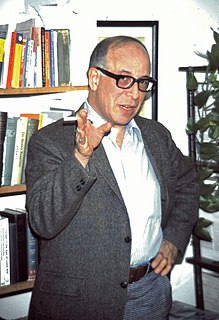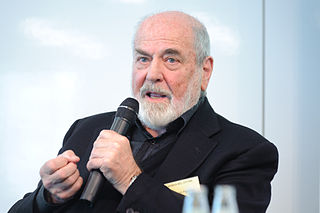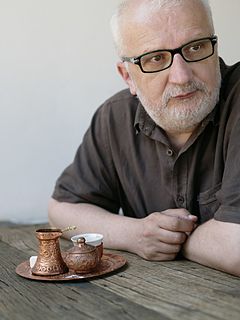A Quote by Pauline Kael
Picasso has a volatile, explosive presence. He seems to take art back to an earlier function, before the centuries of museums and masterpieces; he is the artist as clown, as conjurer, as master funmaker.
Related Quotes
Sure, I can talk like you, but I choose not to, It's like an art, you know? Picasso had to prove to the world he could paint the right way, before he goes putting both eyes on the side of a face... See if you paint wrong because that's the best you can do, you just a chump. But you do it because you want to? Then you're an artist...You can take that to the grave and dig it up when you need it.
Blessed is he who invented recording! But what a pity that he was not born centuries earlier! Think only of all that we would be able to hear and therefore understand better. Oh, the unending research in libraries and museums, the readings and collations of texts, the maddening desire to know the truth!
The trouble with science fiction is that you can write about everything: time, space, all the future, all the past, all of the universe, any kind of creature imaginable. That's too big. It provides no focus for the artist. An artist needs, in order to function, some narrowing of focus. Usually, in the history of art, the narrower the focus in which the artist is forced to work, the greater the art.
The real master is only a presence. He has no intentions of being a master. His presence is his teaching. His love is his message. Every gesture of his hand is pointing to the moon. And this whole thing is not being done, it is a happening. The master is not a doer. He has learned the greatest secret of life: let-go. The master has drowned his ego and the idea of separation from existence itself.




































